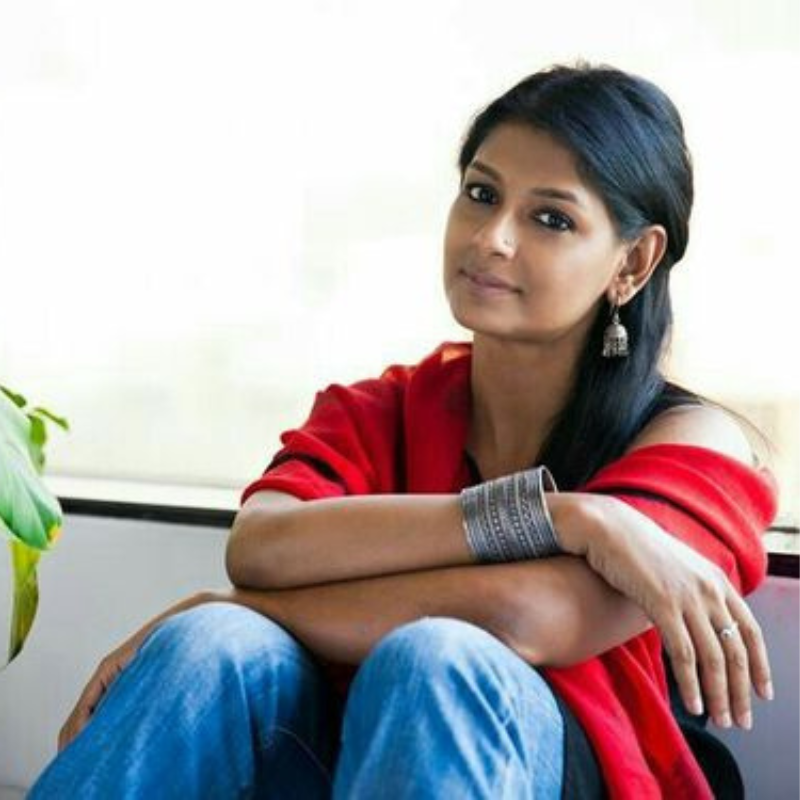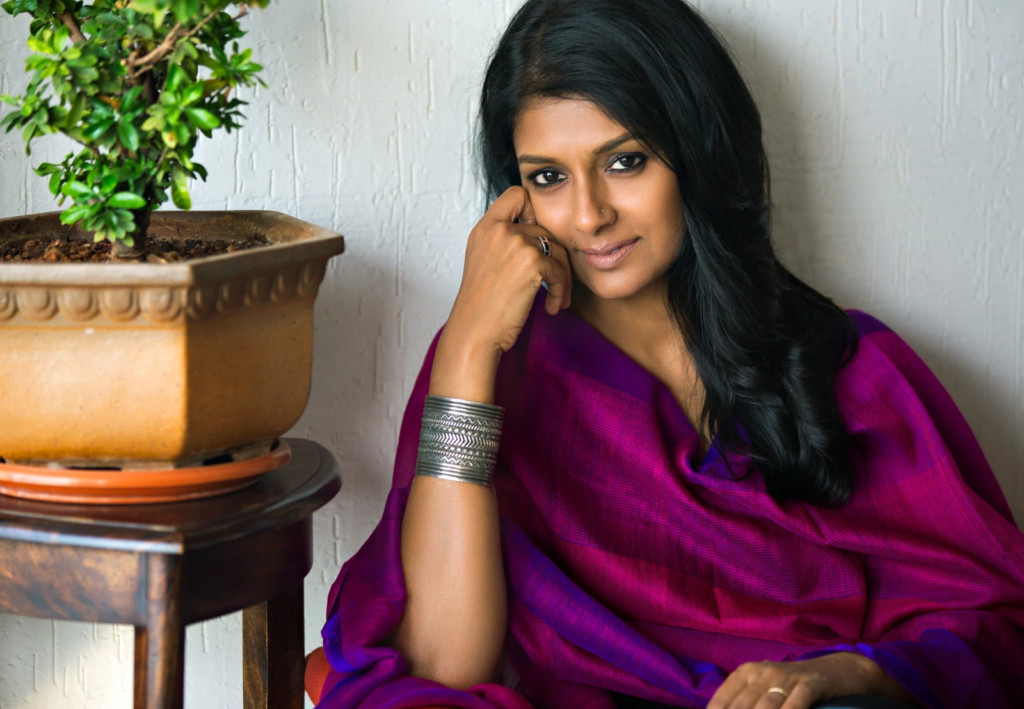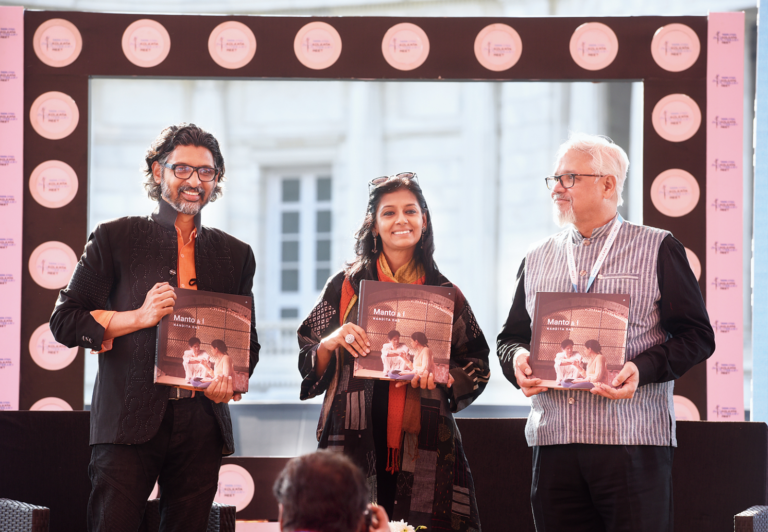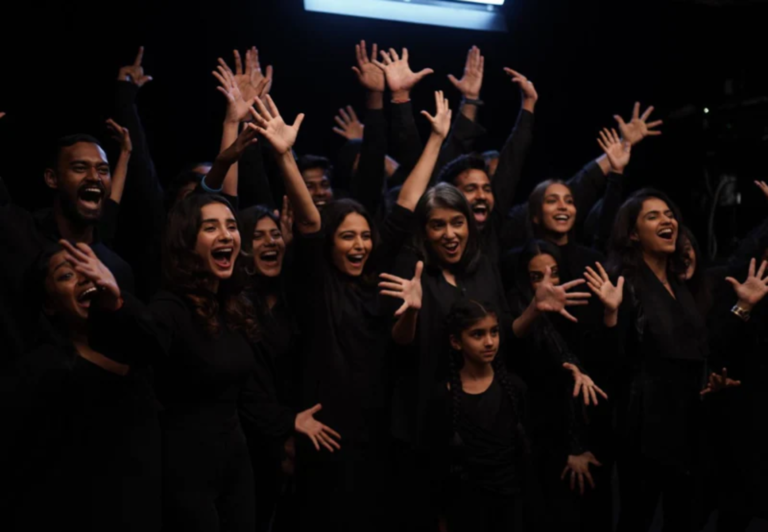Nandita Das Fights Racism. Read the Full story here
Remember! Every skin tone is beautiful.
Even the most famous ones in the world are dark and beautiful. They all are recognized, accomplished, and talented. And Nandita Das is one of them, who has been vociferous about the same since the beginning of her career.
And typically, Racism in India is more of a Psychological issue. And Nandita Das, who is a famous Indian actress, director, and social activist, despite her achievements, is still facing Racism in her own country; think what the rest of the world is going through.
Today we will delve more into Racism which people barely talk about. It’s a very complex issue we can’t afford to ignore.
"
In this article, we’ll explore the Unveiling Mask of Racism by Nandita Das, an Indian actress, filmmaker, and activist, on The One Liner, a holistic wellness platform.
We’ll also discuss the importance of acknowledging and confronting Racism and the steps we can take collectively to dismantle it.
Let's dive right in..


But who is Nandita Das?
Nandita Das is a famous Indian actress, filmmaker, and social advocate. She made her acting debut in 1995 with the film “Parinati” and quickly gained recognition for her powerful performances. She is a part of India’s Got Colour campaign to end skin color bias in India through educational workshops, counseling, and media.
Know Her Journey Here
Nandita Das is known for casting herself in situations that disrupt conventional expectations and bring attention to pressing social concerns. She has acted in films that, among other things, deal with issues like caste prejudice, gender injustice, and racial conflicts. Her well-known films include “Fire” (1996), “Earth” (1998), and “Bawandar” (2000), which brought her praise from critics and notoriety on a global scale. She started her acting career with a theater group called Jana Natya Manch.
She has worked in 12 languages, including Hindi, English, Odia, Malayalam, Kannada, Rajasthani, Bengali, Urdu, Marathi, Telugu, and Catalan. She has also worked in a Pakistani film named Ramchandan Pakistani (2008) as Champa.
Nandita Das has contributed significantly as a filmmaker and her work as an actress. Her first major motion picture, “Firaaq,” which was released in 2008, focused on the fallout from the Indian riots in Gujarat in 2002. She was further cemented as a director with a social conscience by the film’s tremendous recognition.
Her achievements:
She was a jury member twice at the Cannes Film Festival in 2005 & 2013. The Government of France has awarded her the Chevalier of the Ordre des Arts et des Lettres for her contribution to the arts.
She even won a Filmfare award for the film Fire (1996), recognition in international film festivals, humanitarian awards for various human rights, and national film awards for the movie “Bawandar” (2000) and “Firaaq” (2008).
Let's talk about "Racism" in India
People often consider Fair skin superior and connected to privilege, power, and beauty. These ideas were firmly embedded in society and still impact how people view beauty.
The problem of Racism in India, particularly as it relates to Bollywood, is complicated and diverse. The Bollywood film industry is renowned for its colorful and diversified films. However, there have been cases where Racism and colorism have been actively promoted.
According to Nandita Das, if you see a dark girl in a film, she is either a villain or nice. If we go back to 90’s Bollywood songs, we can hear songs like “gore mukhde pe,” “gore rang pe na”
To be precise, gora rang and gori ladkiyan are the top preferences of music composers when it comes to writing songs for big-budget films.
Initially, all articles about her would start with – dark and dusky. Being a talented actress in Bollywood, she even faced stereotypical comments like,” You are dark, but how are you still this confident?” Even she shared the remarks she got from her parents, like ‘Don’t go out in the sun, you will become dark,’ or some directors would say,’ You have got excellent features, but the poor thing, you are dark.’
She even used to get terrible messages. ‘You are not good enough, you can’t get a lover, a husband, a job, you are going to make your parents sad.’ It’s like a doomsday for her, she added.
She has been the face of the Dark is Beautiful campaign for many years, but actor Nandita Das says this was “by default,” as she saw people’s obsession with being fair.
Nandita Das's Fight Against "Colorism"
Dark is beautiful: An Anti-Racism Campaign
Kavitha Emmanuel founded Women of Worth, an Indian NGO standing up to bias toward lighter skin. The Dark Is Beautiful campaign, launched in 2009, is not “anti-white,” she says, but about inclusivity – beauty beyond color.
It has celebrity sponsorship, most notably from Bollywood actor Nandita Das, which offers individuals a platform to discuss their skin-color prejudice experiences.
Multiple strategies are employed by the Dark is Beautiful campaign to increase awareness and encourage inclusivity. It holds seminars, workshops, and open forums to start a dialogue on colorism and how it affects people’s well-being and self-worth.
India's Got Color:
The “Dark is Beautiful” campaign of Nandita Das has been updated as “India’s Got Colour.” To combat the prejudice against fair skin and encourage tolerance and acceptance of different skin tones, Nandita Das developed “India’s Got Colour” in collaboration with the NGO Save the Children India.
“India’s Got Colour” campaign attempts to highlight the beauty of various skin tones and address the pressure and discrimination that people with darker skin tones experience in society.
It aims to dispel the widespread misconceptions and assumptions that use fair skin as the benchmark for value and beauty. “India’s Got Colour” encourages people to share their experiences, thoughts, and tales about colorism through various activities and projects.
Summing up with a quote said by Nandita Das,
Final Thoughts
A lot of people shape their attitudes when they’re very young. When our family members or friends express racist opinions. The issue arises about what we do to change those opinions.
They might be engraved deeply inside a person if they don’t experience the racist community or if they are not educated well.
Humans quickly judge people who don’t match our interests, backgrounds, and culture. We are wired to form and affirm the already existing stereotypes created by us humans only.
Racism is a significant problem in almost all communities, leading to deaths, cruelty, and, to an extent, war. I don’t blame anyone for being a racist, but I blame their thought process, which needs to be changed to change society.
Subscribe to new post
The One Liner
Useful Links
Order Related Queries
Useful Links
Order Related Queries









